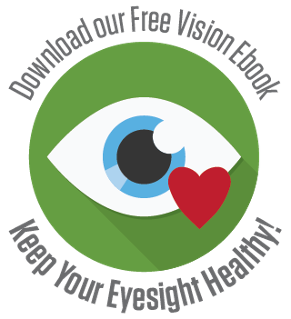By Brooke Ellis on Oct 24, 2017 @ 03:52 PM
If you spend any time during the day looking at a screen, whether it be a smartphone, tablet, e-reader, LED TV, or computer, your eyes are exposed to blue light.
What is blue light?
Natural sunlight is made up of many colors of light, from red to indigo to violet. We can't see these colors because they blend together to make white light. Because the light looks white, it is hard to tell if your eyes are exposed to blue light. On the color spectrum, blue light is right next to UV light—both can be dangerous and damaging to the eyes.
But it’s not all bad. Blue light has some benefits. It can help you feel more alert and awake, improve your mood, and help you sleep better. We need blue light to feel healthy and happy.
The problem is when you spend too much time looking at a screen, you increase your eye exposure to blue light. Too much exposure to blue light can cause tired eyes, sore eyes, and difficulty focusing. Studies have shown that too much exposure to blue light can also cause age-related macular degeneration which can lead to blindness.
Most of us use computers and other electronic devices not only in our jobs every day, but at night when we get home. In other words, it is difficult to reduce our screen time! So how can you protect your eyes? Here are a few tips:
- If you can't reduce your amount of screen time, try to take breaks at least every hour to rest your eyes.
- Filters or computer glasses are available that can reduce how much blue light is reaching your eyes. There are filters for nearly every electronic device that can help alleviate eye fatigue.
- Avoid looking at a bright screen for two or three hours before bedtime, and sleep with the lights off rather than leaving on a lamp or night light. This will help you to improve your quality of sleep.





comments